Families of settlers killed by Israeli fire on October 7 demand probe
The family of Israeli settlers who were killed by the regime’s tank firing at a civilian home during Operation Al-Aqsa Storm, launched by the Palestinian resistance movement Hamas, have called for a "comprehensive and transparent investigation" into the incident.
In a letter addressed to the head of Israel’s military on Saturday, the families demanded an investigation into the events that led to the killing of their relatives in Kibbutz Be’eri, which lies just a few miles east of the Gaza Strip, on October 7.
They also urged the regime authorities to disclose the details of the incident, while calling for the release of the investigation findings and underscoring the importance of publicizing the results.
The Israeli military claimed that it would carry out a detailed and extensive investigation when operational circumstances allow.
The latest development comes almost a week after the Israeli commander on the scene, identified as Brigadier General Barak Hiram, admitted in an interview for The New York Times that he had authorized a tank to launch two shells at a housing unit that had 14 Israeli settlers inside.
Shortly after, the tank fired two shells, as seen in footage from a police chopper aired on Israeli Channel 12 news.
Hiram had earlier lied to an Israeli journalist about what happened in the settlement that day.
In an interview with Ilana Dayan, the host of Keshet 12’s investigative program Uvda on October 26, Hiram gave a false account of the efforts to rescue settlers in Be’eri.
He also fabricated atrocity propaganda, claiming that Palestinian fighters had tied up and killed 10 civilians in the Kibbutz.
Hamas launched Operation Al-Aqsa Storm on October 7 in response to Israel’s violations at Al-Aqsa Mosque in occupied East al-Quds and to growing settler violence against Palestinians.
In response, Tel Aviv launched a genocidal war on the besieged Gaza Strip that has so far killed at least 22,600 Palestinians, mostly women and children, and injured around 57,910 others.
The Tel Aviv regime has also imposed a “complete siege” on the territory, cutting off fuel, electricity, food, and water to the more than two million Palestinians living there.
VIDEO | Paris march in support of Palestine women
VIDEO | ICC issues arrest warrants for Israeli prime minister, ousted regime war minister
120 Palestinians perish as Israeli war machine keeps ravaging Gaza
VIDEO | Struggles of Palestinian women amidst war, displacement
VIDEO | Hezbollah rains attack drones down on elite Israeli brigade
VIDEO | US biased mediation fails
Leader: All captains of criminal, Zionist, terrorist gang must be prosecuted
Iran further raises its oil prices for Chinese buyers: Report


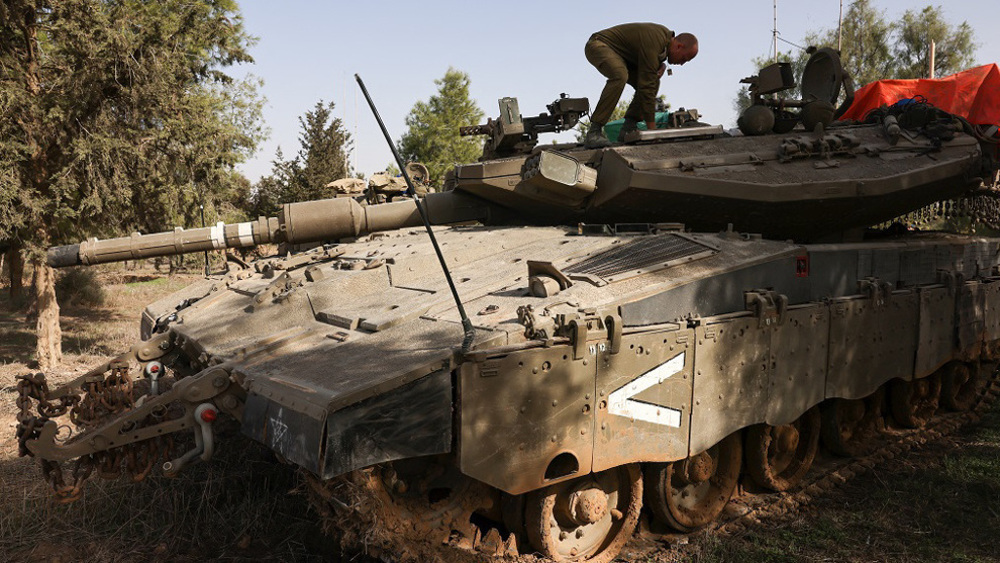
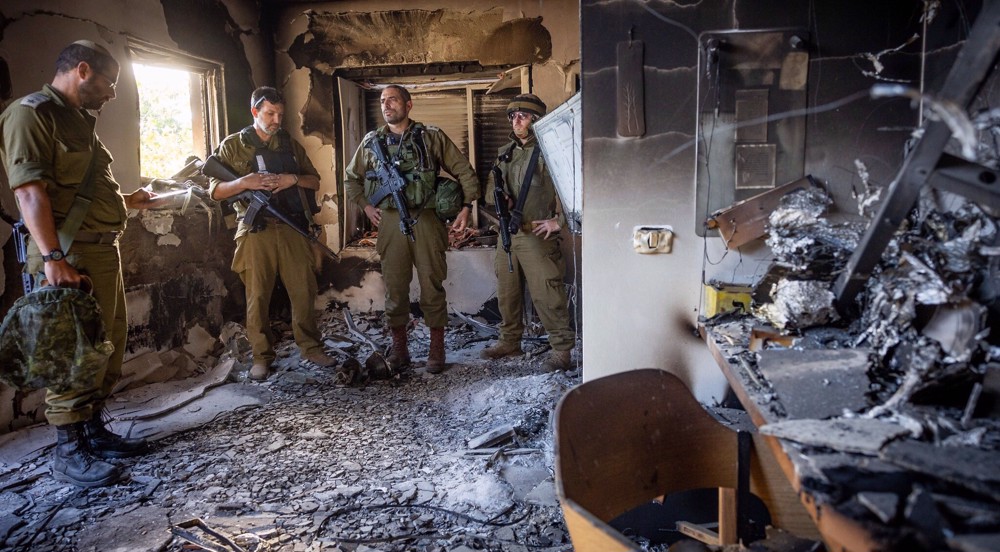
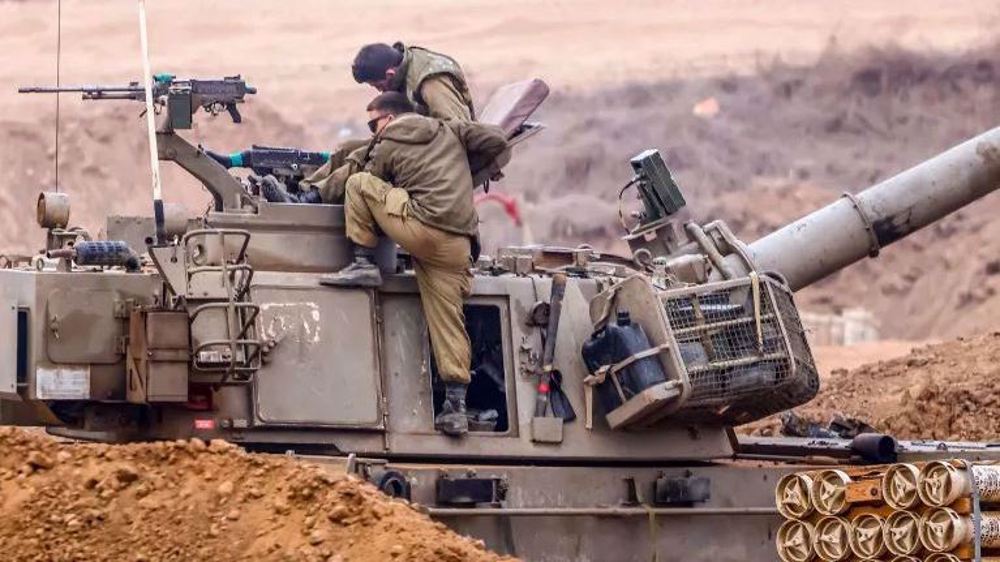
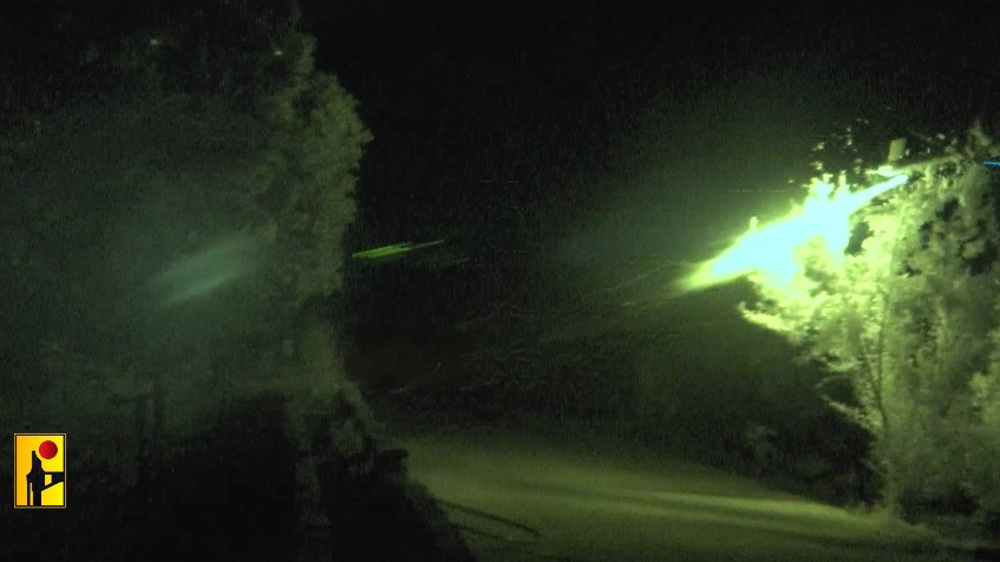
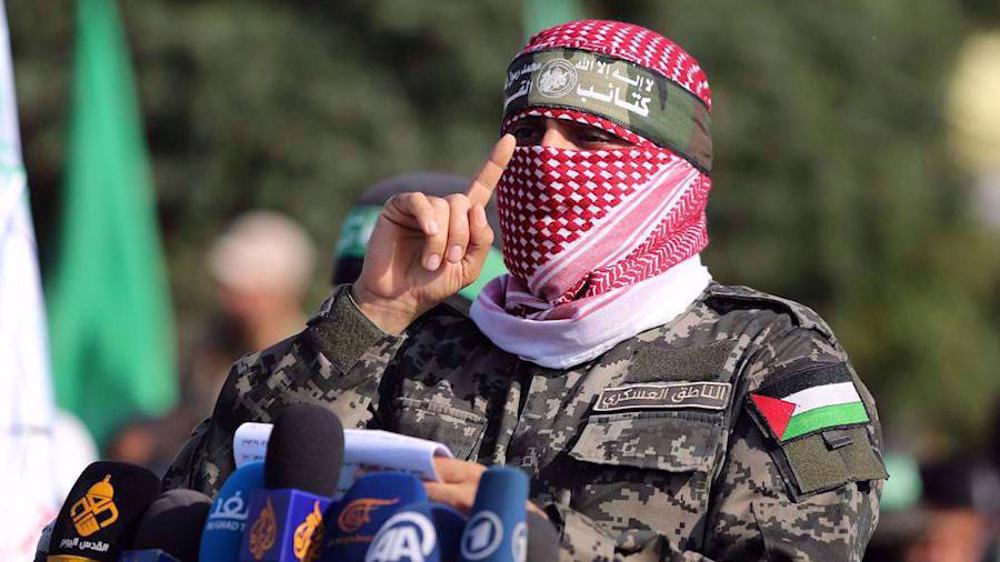
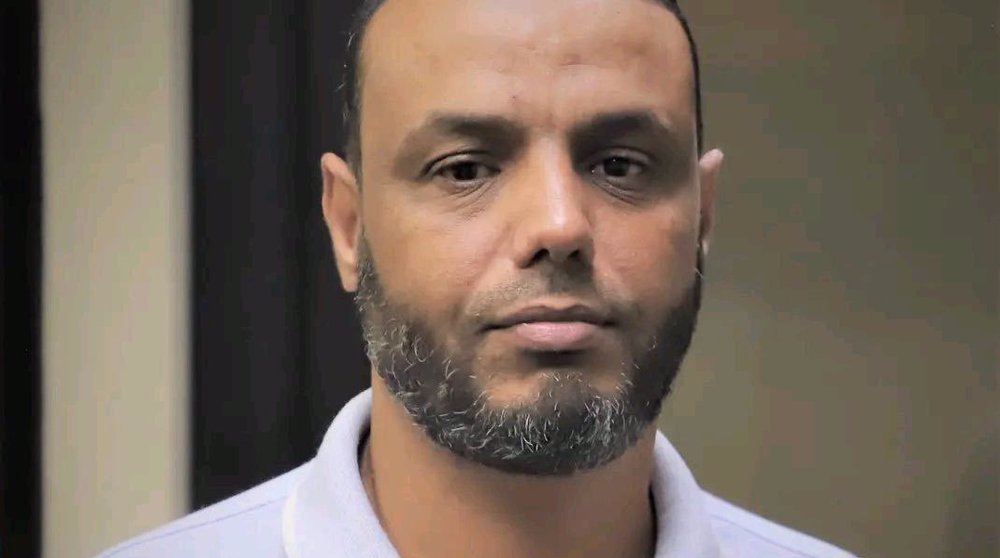



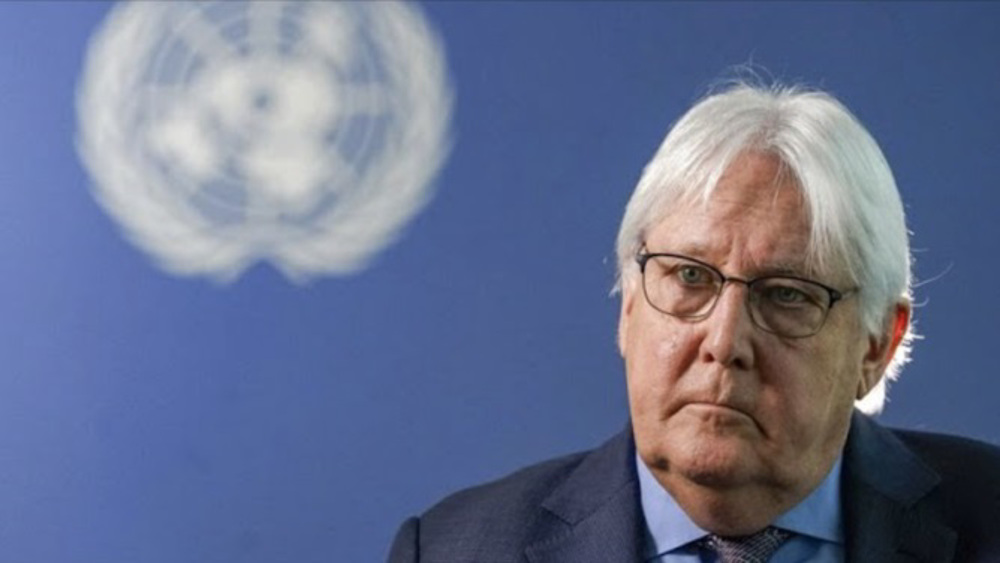
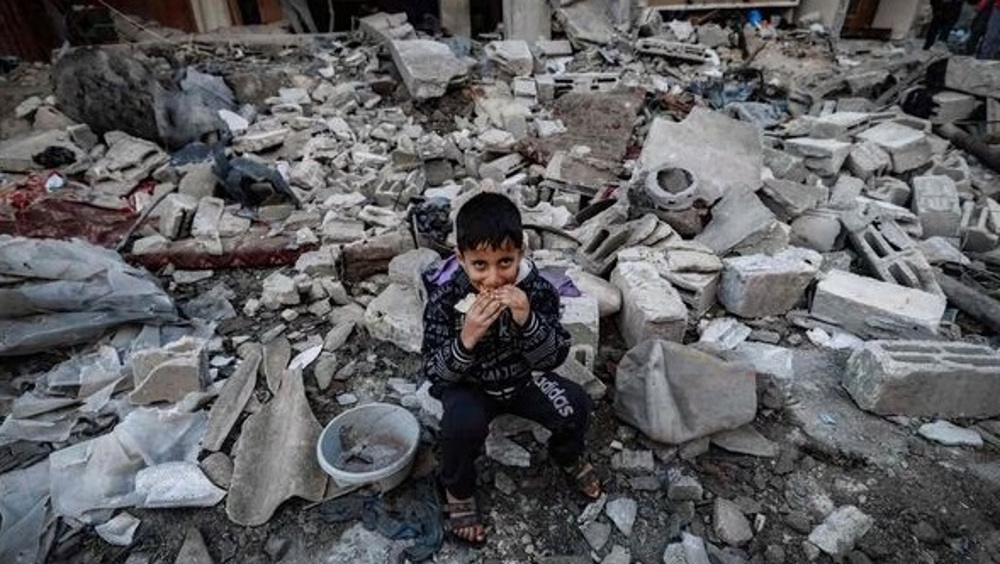
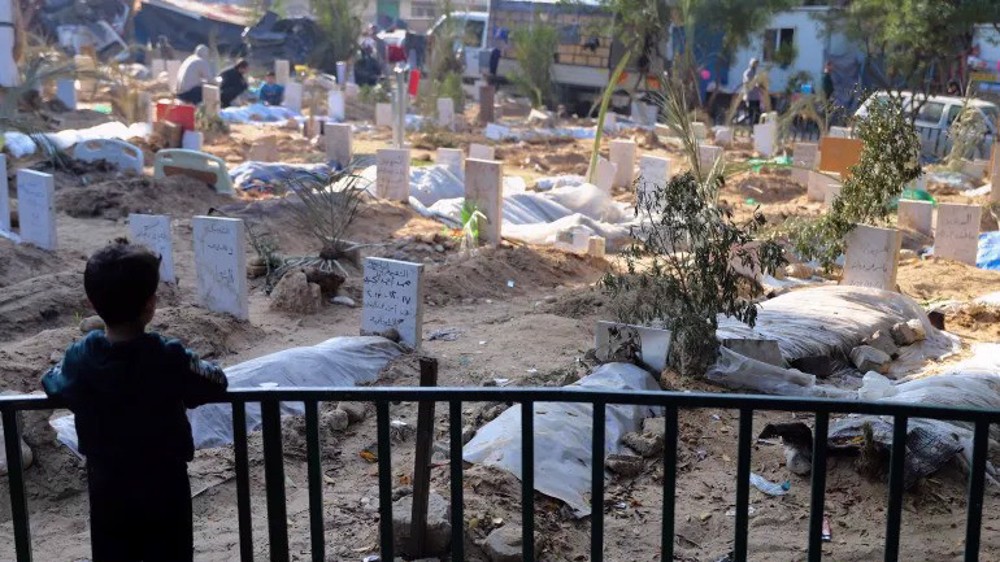

 This makes it easy to access the Press TV website
This makes it easy to access the Press TV website